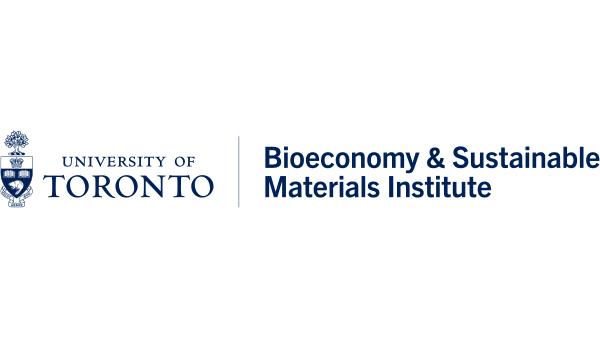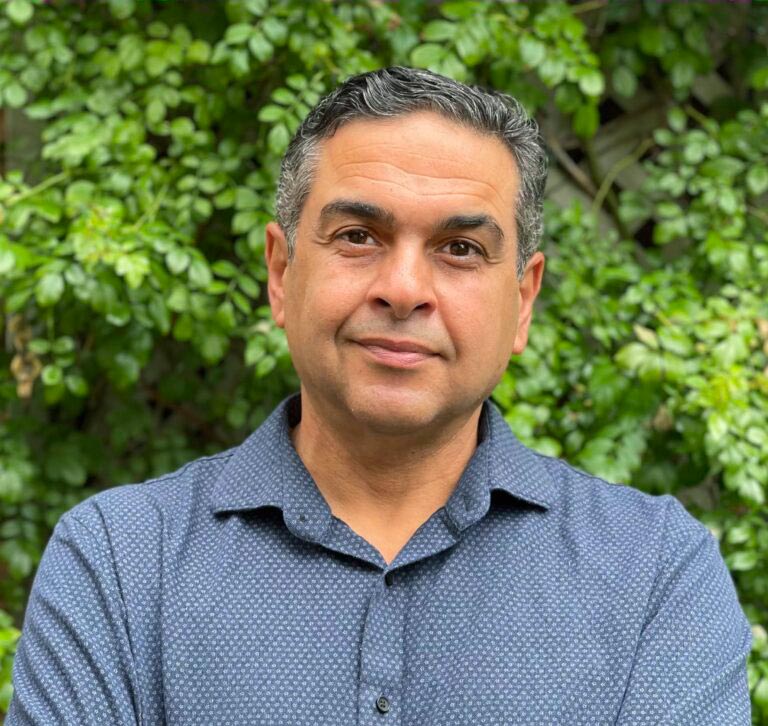Bioeconomy and Sustainable Materials Institute (BSMI)


The Bioeconomy and Sustainable Materials Institute (BSMI) is dedicated to the sustainable management of natural resources with the goal of creating a viable economy for sustainable bio-based practices and services. BSMI integrates perspectives and research from diverse disciplines and builds on the University of Toronto’s strengths in forestry, ecology, architecture, and landscape design, as well as economics, engineering, agriculture, and public policy.
To foster an innovative and resilient Canadian bioeconomy, there is a need to adopt an interdisciplinary and ecosystem-based approach that harmonizes human activities, industrial decisions, and public policy with sustainable ecological systems. BSMI will provide a pan-Canadian platform to advance research in the bioeconomy, including by building decision frameworks to realize the advantages of sustainable natural resources; studying policy options that can enhance Canadian competitiveness in the green economy; examining cross-industry business models that enable private enterprises to innovate and deliver new value to consumers and the community at large; and building change making scenarios that enable new, effective work processes and practices.
A key mission of the Institute is to engage diverse societal actors—researchers, community members, industry, and public sector representatives—to co-create ecologically-sound and community-driven solutions to critical societal challenges such as, but not limited to, climate resilience and food and energy security. By integrating diverse disciplines, addressing gaps in approaches and research, and engaging with various societal actors, BSMI aims to develop solutions that are scientifically sound, socially equitable and environmentally sustainable. This holistic approach will help Canada transition to a more sustainable and resilient economy, addressing both current and future challenges.
BSMI team

Rasoul Yousefpour
Rasoul Yousefpour is an Associate Professor of Forestry at the John H. Daniels Faculty of Architecture, Landscape, and Design, and Director of the Mass Timber Institute. Professor Yousefpour studies forest decision processes to find the most desirable adaptation strategies. His work investigates the economics of ecosystem services as well as the risks and uncertainties associated with forecasting their future provision under global change and social demand dynamics. Yousefpour’s research program connects forest ecosystem processes and functions to management oriented and economy-based solutions in wood manufacturing and housing sectors. His research applies ecological economic approaches, which are data-driven and process-based, to optimize forest sector contribution to society.

Tamer El-Diraby
Tamer El-Diraby is a Professor in the Department of Civil and Mineral Engineering. The goal of Professor El-Diraby’s research is to use informatics systems to bring about fundamental shifts in the manner used to design and manage construction projects. El-Diraby uses machine learning and data management tools to explore new horizons in project management, particularly to empower communities to innovate new sustainable environments. With a focus on knowledge capture and re-use, asset management, and regenerative sustainability, his research contributes to shaping the smart city as sustainable and adaptively responsive.

Shashi Kant
Shashi Kant is a Professor of Forest Resource Economics and Management and the founder and former Director of the Master of Science in Sustainability Management Program (MScSM) at the Institute of Management & Innovation. He is cross appointed to the Graduate Department of Forestry. Professor Kant specializes in forest resource economics and management systems with an emphasis on the economics of sustainable forest management. His recent research interests include pro-sustainability behaviors, Aboriginal worldviews and behavioral logic, Scope 3 carbon emissions and net zero targets, interlinkages between SDGs, social life cycle analysis, and love and sustainability. He has published five books and more than 100 refereed articles. He is the editor-in-chief of a book series, Sustainability, Economics and Natural Resources, and has served on editorial boards of many forestry journals. He is the founder of the global think tank—New Frontiers of Forest Economics (NEFFE). He is the recipient of many awards for his research and its impact, including the Order of Ontario (2017), and the Queen’s Award for Forestry (2008).

Rob Gillezeau
Rob Gillezeau is an Assistant Professor of Economic Analysis and Policy at the University of Toronto. He is cross appointed with the University of Toronto Scarborough, the Rotman School of Management, and the Munk School of Global Affairs and Public Policy. His research focuses on the economic history of the Indigenous peoples of North America and the intersection of discrimination and state institutions. Prior to his academic appointment, Dr. Gillezeau served as the Chief Economist in the Office of the Leader of the Official Opposition in Ottawa. He has also served as the senior aide to the Minister of Finance and Deputy Premier of British Columbia. Gillezeau is a co-director of the Canadian Economics Association's Indigenous Economics Study Group and a founding member of the Canadian Economics Diversity Committee.




